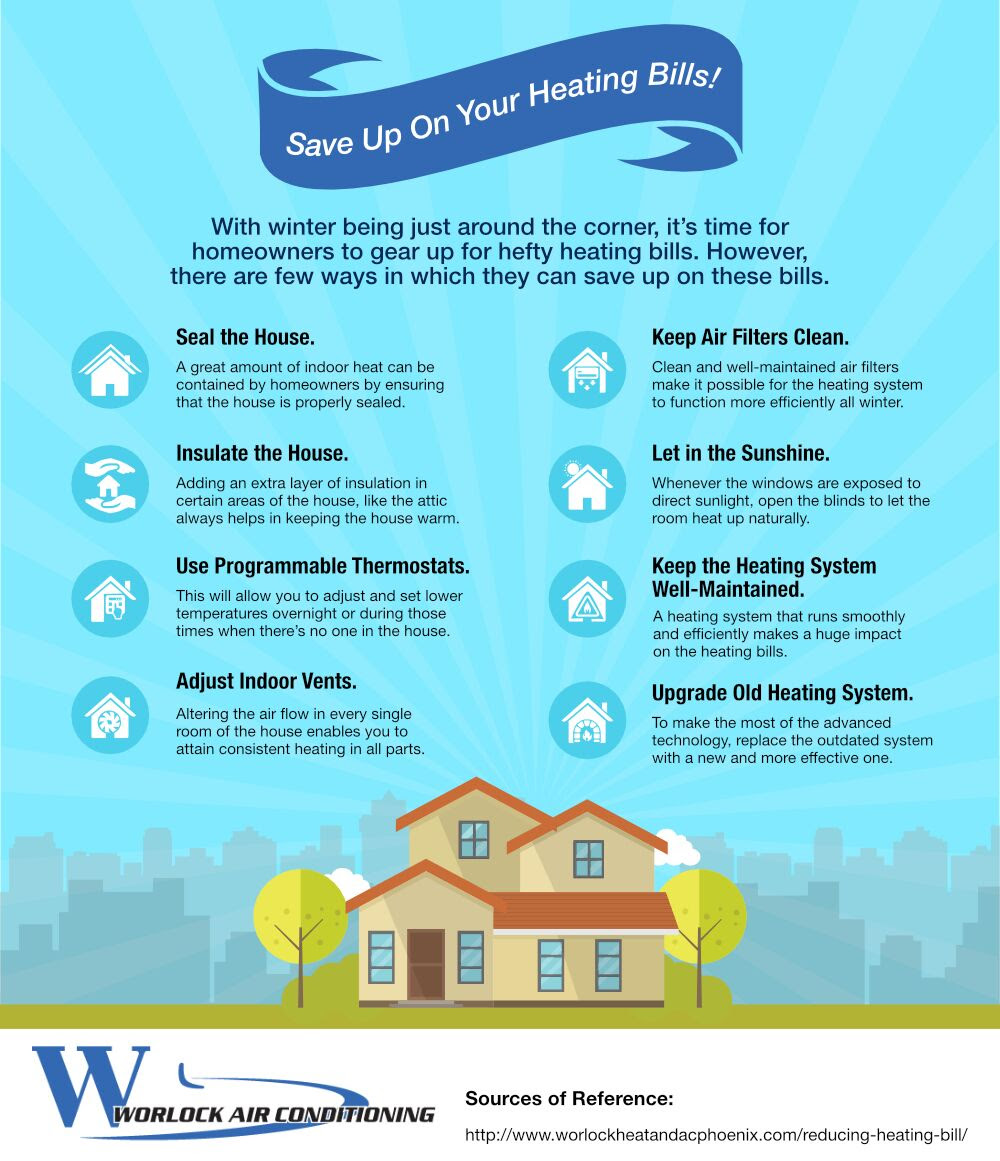Checking Out The Environmental Benefits Of Heat Pumps - A Lasting Home Heating Solution
Checking Out The Environmental Benefits Of Heat Pumps - A Lasting Home Heating Solution
Blog Article
Web Content Create By-Crabtree Bech
In a period where sustainability and power effectiveness are extremely important, several services look for environment-friendly heating options. One such remedy is the heatpump.
A heatpump extracts the heat in its surroundings and pumps it into your home, causing among one of the most effective environmentally friendly main heating systems around. d c services generates no greenhouse gas exhausts, making it a highly lasting technology.
dc electrical are extremely power effective and call for little upkeep. They utilize much less electrical power than various other heating unit and are without a doubt the most eco-friendly. They work well with rooftop solar and can often spend for themselves in energy financial savings alone.
They can additionally offer air conditioning, which is fantastic for garage workshops, attic room hangouts and benefit rooms, and home additions without prolonging the existing ductwork. They can even be utilized for retrofits in existing homes with hydronic (water-based) distribution systems such as reduced temperature level radiators or radiant floors.
Search for versions with SEER and HSPF rankings that satisfy or surpass Canada's minimum requirements, in addition to the criteria in your region. Greater scores imply greater performance, which conserves you money over time and minimizes your carbon impact. You could also qualify for rebates and incentives! The very best devices are those with a ground heat exchanger for added performance. These systems can absorb thermal power from the ground during the winter and remove it in the summer.
Minimized Greenhouse Gas Emissions
Heat pumps run on electrical power and basically transfer warm from the air, even when it's chilly exterior. They are able to extract the complimentary warmth trapped in air particles and move them indoors, minimizing humidity while doing so.
Contrasted to a fantastic read , modern heat pumps utilize less than one kilowatt of electrical power per kilowatt of home heating power they create. This makes them one of the most energy reliable home heating alternative available with a POLICE (Coefficient of Efficiency) of four or more. By lowering the demand for nonrenewable fuel sources, heat pumps help in reducing greenhouse gas discharges and reduce various other major air toxins.
Structure decarbonization is a worldwide imperative, and the heating and cooling field is a key driver of that procedure. Whether it's real estate investors making net zero commitments, policy makers setting exhausts limitations, or renters requiring greener rooms, electric heatpump are being acknowledged as a necessary option. They are an affordable way to decrease carbon emissions by removing the requirement for fossil fuels in structures.
Adaptability
Heatpump can be utilized in several sorts of homes and structures-- with or without air ducts. They work with hot-water radiators, air-conditioning and programmable thermostats. They can change furnaces or be installed in new houses. They can operate on solar panels, geothermal systems or even area heating sources like wastewater.
They're wonderful at delivering even more heat per power device. As an example, an air-source heat pump produces as much as three or even more heating systems from each electrical power device it consumes.
Obtaining the most from your heatpump will certainly rely on your climate area and high quality of insulation. Seek models with ENERGY STAR rankings and compare their SEER or HSPF specifications. In https://costtoaddairconditioning08073.topbloghub.com/35586903/the-future-of-home-heating-how-heat-pump-innovation-is-developing , focus on SEER; in colder areas, take into consideration a system with a higher HSPF score. On top of that, buy air sealing and insulation to reduce the lots on your heatpump. That will enhance power efficiency and help you reach your Net No goals much faster.
Biomass Boilers
Biomass boilers use wood pellets, chips or logs to create heat and warm water. They are a good choice for off-grid residential or commercial properties or those who wish to get off the gas grid.
As a standalone heating unit, biomass can provide sufficient energy to keep your home cozy throughout the year without the common warmth drop off of various other eco-friendly modern technologies. They can likewise be used along with photovoltaic panels to maximise savings and benefit from RHI settlements.
A disadvantage of these systems is the upfront expense and routine gas distributions. Commonly, pellets will certainly require to be blown into a gas shop utilizing a vacuum cleaner system or they can be manually fed into the boiler with a hopper. Logs are usually self-sourced from nearby woodland or bought wholesale. In addition to this, they need hands-on loading and might require cleansing on a regular basis.